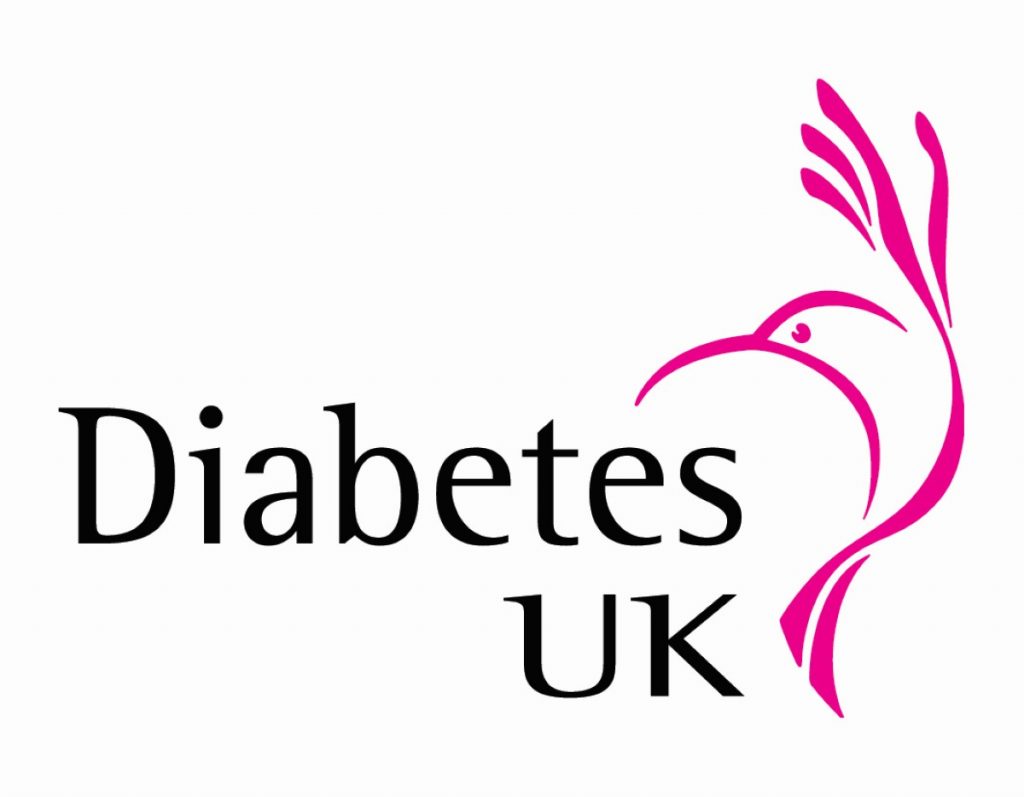Diabetes UK: Unlocking the promise of future diabetes research
Diabetes UK announces funding of C-peptide study
Leading health charity Diabetes UK today announces funding of a study into C-peptide, a little-understood molecule researchers believe could transform future diabetes treatments.
People with diabetes either produce no or little insulin, or the insulin that is produced does not work properly. Insulin is a hormone that allows us to use the energy from the food we eat. When insulin is released into the blood, C-peptide is also released. This molecule is absent in people with Type 1 diabetes[1], while people with Type 2 diabetes2 may be resistant to its actions. These problems are thought to contribute to the development of diabetes-related complications such as heart disease, stroke, kidney failure, blindness and amputation.
“Previously, we thought C-peptide had no other functions and was useful only as an indicator of how much insulin someone was producing. More recent evidence suggests that C-peptide binds to the surface of particular cells and activates their internal signalling mechanisms in different ways,” explains lead researcher Professor Nigel Brunskill of the University of Leicester.
“We hope this study improves our understanding of C-peptide and opens up new approaches to protect against diabetes complications. Results from previous studies have already shown, for instance, that C-peptide could protect against diabetes-related kidney disease (nephropathy).”
Dr Iain Frame, Director of Research at Diabetes UK, said: “If successful, this research could be the first to reveal the secrets of C-peptide in diabetes and open up entirely new approaches to replace the lost effects of C-peptide and protect against complications. This is an exciting area of research, as it could be possible, for instance, to add C-peptide to insulin treatments if it was shown to benefit people with diabetes.”
Diabetes UK is calling on people to become supporters and to sponsor ground-breaking research to help them ‘Unlock The Promise of C-peptide.’
The science behind C-peptide
– ENDS –
For further media information or to interview Professor Brunskill or Dr Frame please contact Huw Beale on 020 7424 1152 or the Diabetes UK Media Relations Team on 0207 424 1165 or email pressteam@diabetes.org.uk.
For urgent out of hours media enquiries only please call 07711 176 028. ISDN facilities available.
Notes to editor:
1 Type 1 diabetes develops when insulin-producing cells in the pancreas are destroyed. This type of diabetes usually appears before the age of 40 and is the least common of the two main types and accounts for around 10 per cent of all people with diabetes. Type 1 diabetes cannot be prevented, it is not known why it develops and it is not connected with being overweight. People with Type 1 diabetes have to take insulin either via a pump or by injections several times a day to stay alive.
2 Type 2 diabetes develops when the body can still make some insulin, but not enough, or when the insulin that is produced does not work properly (known as insulin resistance). Insulin acts as a key unlocking the cells, so if there is not enough insulin, or it is not working properly, the cells are only partially unlocked (or not at all) and glucose builds up in the blood. Type 2 diabetes accounts for between 85 and 95 per cent of all people with diabetes, usually affects people over 40 (over 25 in people from South Asian and Black backgrounds) and is treated with a healthy diet and increased physical activity. In addition to this, medication and/or insulin is often required. In most cases the condition is linked with being overweight and can go undetected for up to ten years meaning around 50 per cent of people show signs of complications by the time they are diagnosed.
3 Diabetes UK is the leading charity for over 3.5 million people in the UK with diabetes In 2011, Diabetes UK aims to spend over £6 million on diabetes research to investigate the causes and prevention of diabetes, to improve care and treatment of diabetes and ultimately to work towards a cure. For more information visit www.diabetes.org.uk. In the UK, there are currently 2.9 million people diagnosed with diabetes and it is estimated that 850,000 people have Type 2 diabetes but do not know it.
4 One person is diagnosed with diabetes every three minutes in the UK. Diabetes is a serious condition that can lead to heart disease, stroke, kidney failure, blindness and amputation if not managed in the correct way. Diabetes, whether Type 1 or Type 2, is a serious condition. Diabetes costs the NHS £1 million pounds an hour. Almost one in 20 people in the UK have been diagnosed with diabetes. Diabetes causes more deaths than breast and prostate cancer combined.
5 The Diabetes UK Careline (0845 120 2960) offers information and support on any aspect of managing diabetes. The line is a low cost number and opens Monday to Friday between 9am and 5pm (and operates a translation service). Recorded information on a number of diabetes-related topics is also available on this number 24 hours a day.
6 Supporting our work as a ‘Diabetes UK Supporting Member’ entitles you to a range of benefits including our regular magazine Balance, reliable information booklets on diabetes, our confidential Diabetes UK Careline, over 400 local Diabetes UK support groups, and access to an exclusive personalised ‘Supporting Members Area’ on our website.





-01.png)